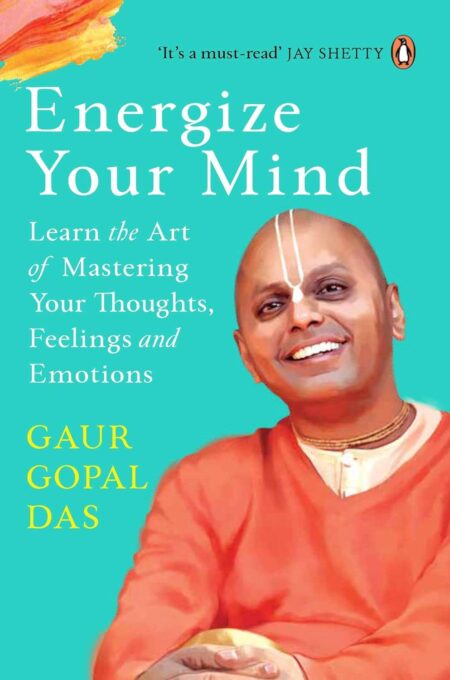Description
Swami Vivekananda, the renowned Indian monk and spiritual leader, did not author a direct commentary on the “Yoga Sutras of Patanjali” as a standalone work. However, his teachings and lectures on yoga philosophy and practice often reference and draw from the principles outlined in the Yoga Sutras.
Swami Vivekananda played a significant role in introducing yoga and Vedanta philosophy to the Western world during the late 19th and early 20th centuries. He emphasized the practical application of yoga in daily life and its role in spiritual evolution.
Vivekananda’s interpretation of yoga was influenced by his deep study of Hindu scriptures, particularly the Bhagavad Gita and the Upanishads, as well as his own spiritual experiences. He emphasized the importance of self-discipline, self-awareness, and self-realization as essential aspects of yoga practice.
While Swami Vivekananda did not write a direct commentary on the Yoga Sutras, his teachings on yoga and spirituality are deeply rooted in the principles and philosophy espoused by Patanjali. Many of Vivekananda’s works, lectures, and writings explore similar themes of self-realization, concentration, meditation, and the attainment of higher consciousness, which are central to the teachings of the Yoga Sutras.













Reviews
There are no reviews yet.